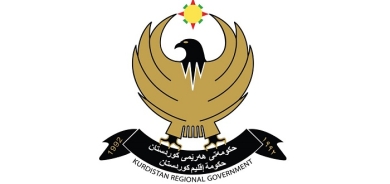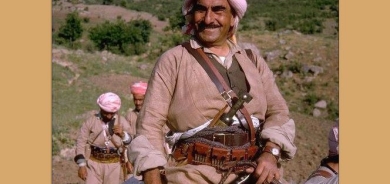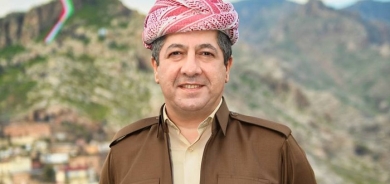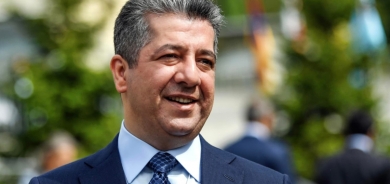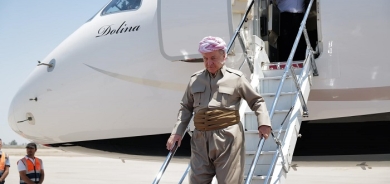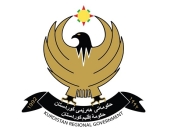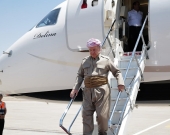A new Cold War looms in the Middle East

Arab states have adopted a hostile attitude towards Israel since it was established in 1948. Several major wars between Israel and Arab states, including Egypt, Syria, Jordan and Lebanon, occurred from the late 1940s to 1980s, and the Arab states took a united stance to isolate Israel by rejecting to its legal status.
However, Egypt was not able to bear the mounting costs of confrontation with Israel and signed a peace deal with the help of the U.S. in 1979. With the beginning of the Israel-Palestine peace process in the early 1990s, Jordan and Israel signed a peace deal and established normal ties in 1994.
The normalization of ties between Israel and the UAE also witnessed a tortuous course. The connection between the two nations has been a public secret for nearly a decade. A security cooperation mechanism between the UAE and Israel has been established for years, while some communications even went public.
For example, the Israeli national anthem was played and its national flag was raised in UAE's capital city Abu Dhabi after an Israeli judoist won the international judo games in 2018, while Israeli Prime Minister Benjamin Netanyahu publicly met with the UAE ambassador to Washington in March 2018.
For the UAE, to normalize ties with Israel is an important step to safeguard its own national security. The small Gulf Arab state was established in the 1970s by seven small local emirates to resist geopolitical pressure from both Iraq to the north and Iran to the east.
For the Emiratis, Iran is the most pressing external threat. On the one hand, Iran occupied the Abu Musa Island, the Greater and Lesser Tunbs, which the UAE also claims ownership of. On the other hand, Iran rejects the legitimacy of the UAE regime while the UAE calls for restraining the growing military capabilities and regional influence of Iran.
Similar to the UAE, Israel shares security worries towards Iran. Iran's nuclear activities and missile development programs are perceived by Israel as major security threats, while some militant groups supported by Iran, such as Hezbollah in southern Lebanon, Hamas in Palestine's Gaza Strip and People Mobilization Units in Iraq, are defined by Israel as external threats.
Traditionally, both the UAE and Israel rely on assistance and security promises from Washington.
It was the U.S. that defeated Saddam Hussein's invasion of Kuwait in 1991 and mitigated the worries of Gulf Arab states, including the UAE, over the expansion of Iraq, and it was the U.S. that facilitated and organized the peace conferences between Israel and its neighboring Arab states.
American active involvement in the Middle East was perceived by both the UAE and Israel as the foundation for regional stability.
However, during the past decade, U.S. interests and involvement in the Middle East have significantly declined. The U.S. became the biggest oil-producing state in 2019 and no longer needs large oil supplies from the region.
The national survival of Israel was further consolidated after 2011 amid the Arab world's internal crisis. The U.S. would not go deeply into the Syrian crisis and launch military strikes against Iran. In this respect, Israel and the UAE have had to take measures themselves at times.
The normalization of ties between Israel and the UAE could suggest an important step to achieve a closer military and political alliance. Along with the UAE and Israel, Saudi Arabia and Bahrain also perceive Tehran as a threat, and the normalization of relations between Bahrain and Saudi Arabia with Israel may be close at hand.
The normalization of ties could lead to a geopolitical competition in the Middle East. Turkey and Qatar might continue their support of Iran, while other Gulf states could join the camp led by Saudi Arabia, the UAE and Israel. A new Cold War in the region is looming.
Editor's Note: Dr. Wang Jin is a research fellow of Charhar Institute in China and an associate professor from Northwest University in China. The article reflects the author's opinion, and not necessarily the views of CGTN.
CGTN

